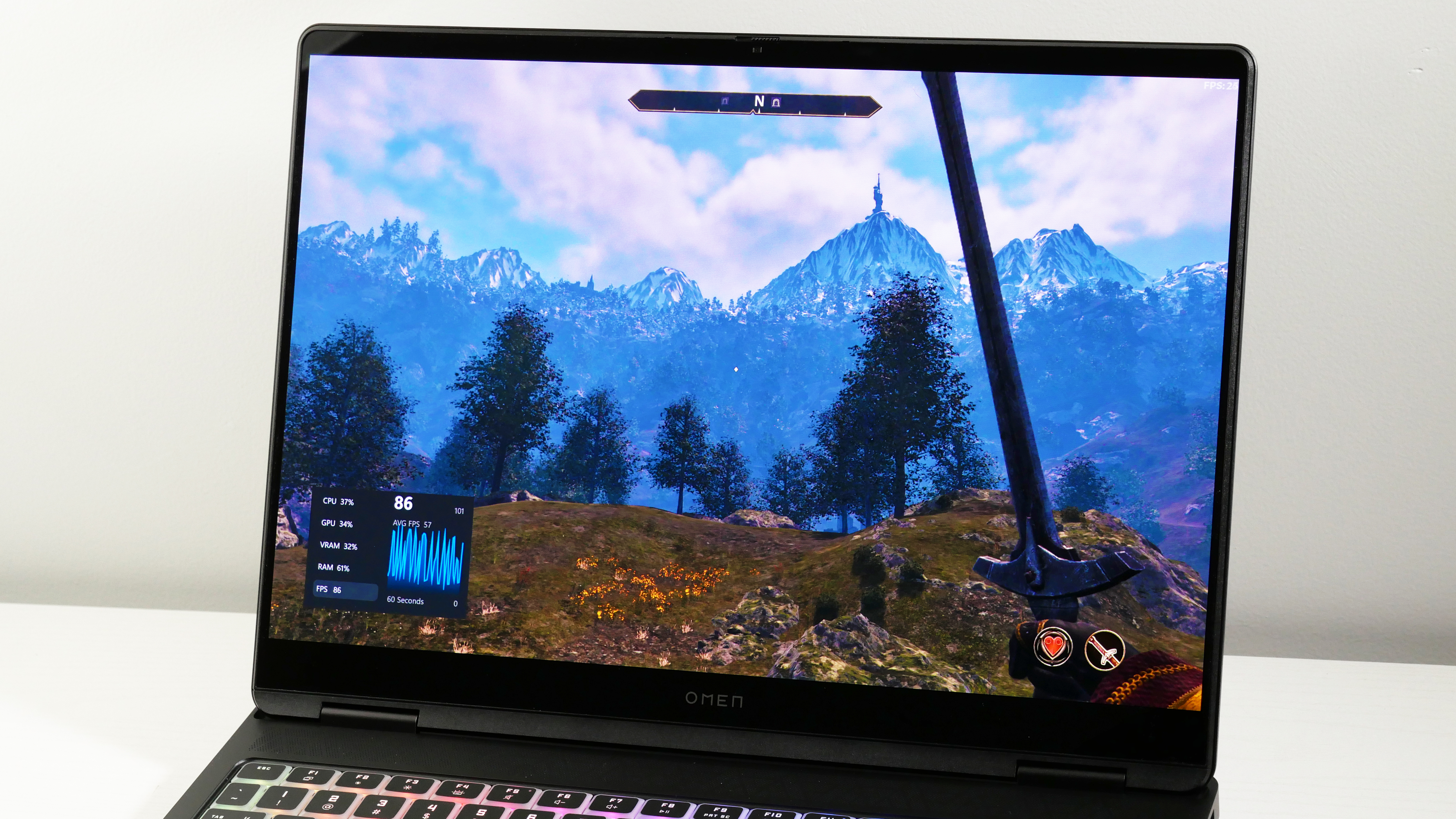How the Switch 2 could change Nintendo forever
A statement about backward compatibility reminds us that the Switch is Nintendo's foreseeable future
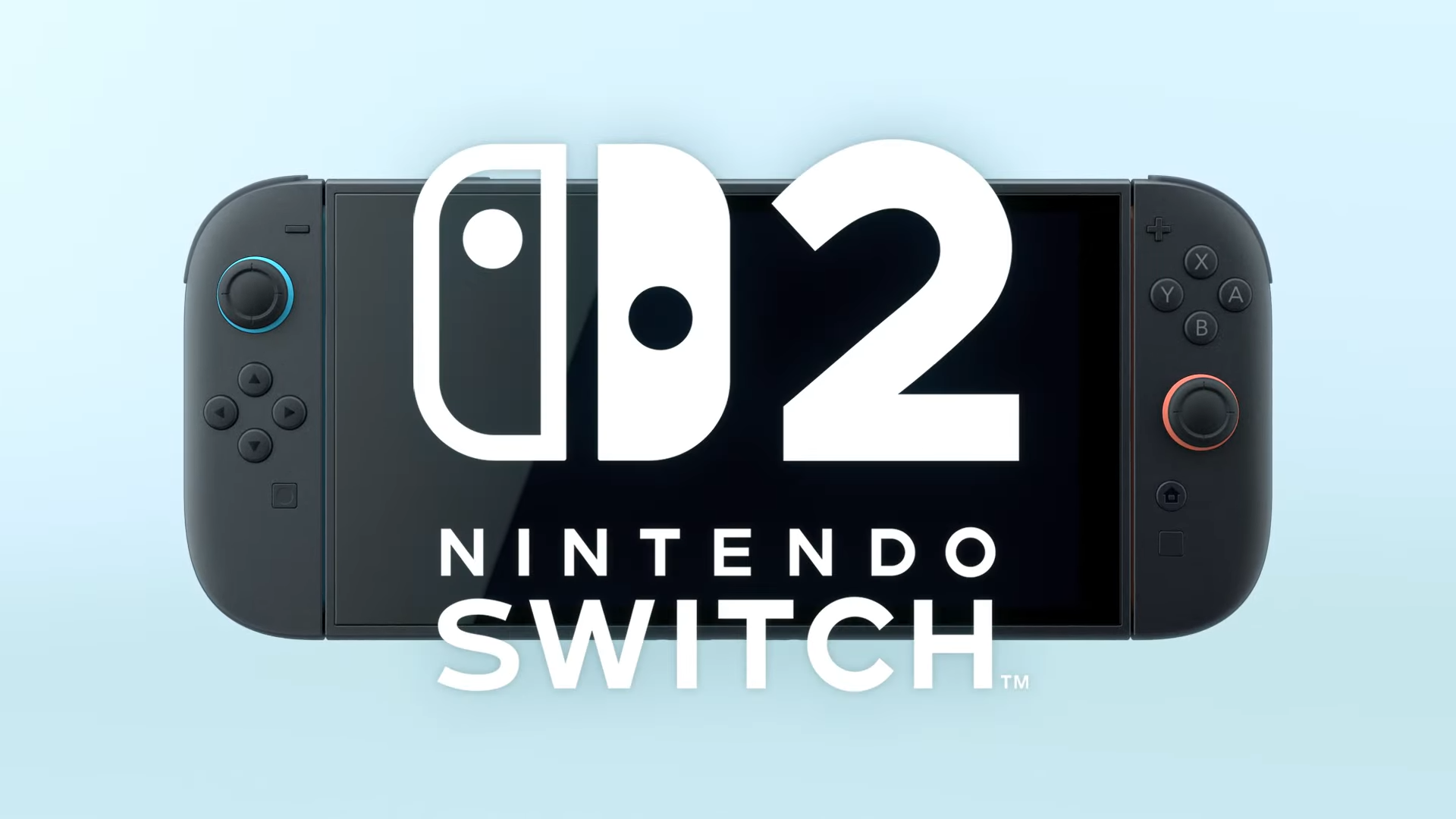
Recent updates
Nintendo has revealed the Switch 2: On Wednesday, April 2, 2025, company officials announced Nintendo would release the Switch 2 on June 5, 2025 at a cost of $449. Read the minute-by-minute live blog for the Nintendo Switch 2 announcement presentation.
Hot off the Nintendo Switch 2's reveal last Thursday, we're still reeling from the excitement of getting to see an official render of the console (even if it followed the leaks rather closely). But beyond hardware hype, the existence of the Switch 2 is a signal that everything is changing for Nintendo.
Nintendo has never utilized a "2" in any of its hardware launches, making the successor to the Switch a first of its kind. While this may seem like nothing more than an aesthetic choice, especially when the Wii U and SNES acted as successors to their respective console lines, it's a way bigger deal when you consider what that means for the future.
And with Nintendo confirming that the Switch 2 would be backward compatible with most games and software available on the original, it seems as if the company has finally found its home and will be sticking to it for years to come.
Switch 2 signals a new era for Nintendo
Stephen Totilo from Game File spoke to Nintendo and got some insight on the company's decision to implement backwards compatibility between the Switch and Switch 2. An unnamed spokesperson for Nintendo says "We decided that the best direction to take would be for consumers to be able to play their already purchased Nintendo Switch software on the successor to Nintendo Switch."
While this doesn't seem like the most exciting statement on paper, it's a pretty huge deal when compared to how the company has operated in the past. Nintendo has been jumping between new console designs since its inception, and many of them were not backwards compatibe.
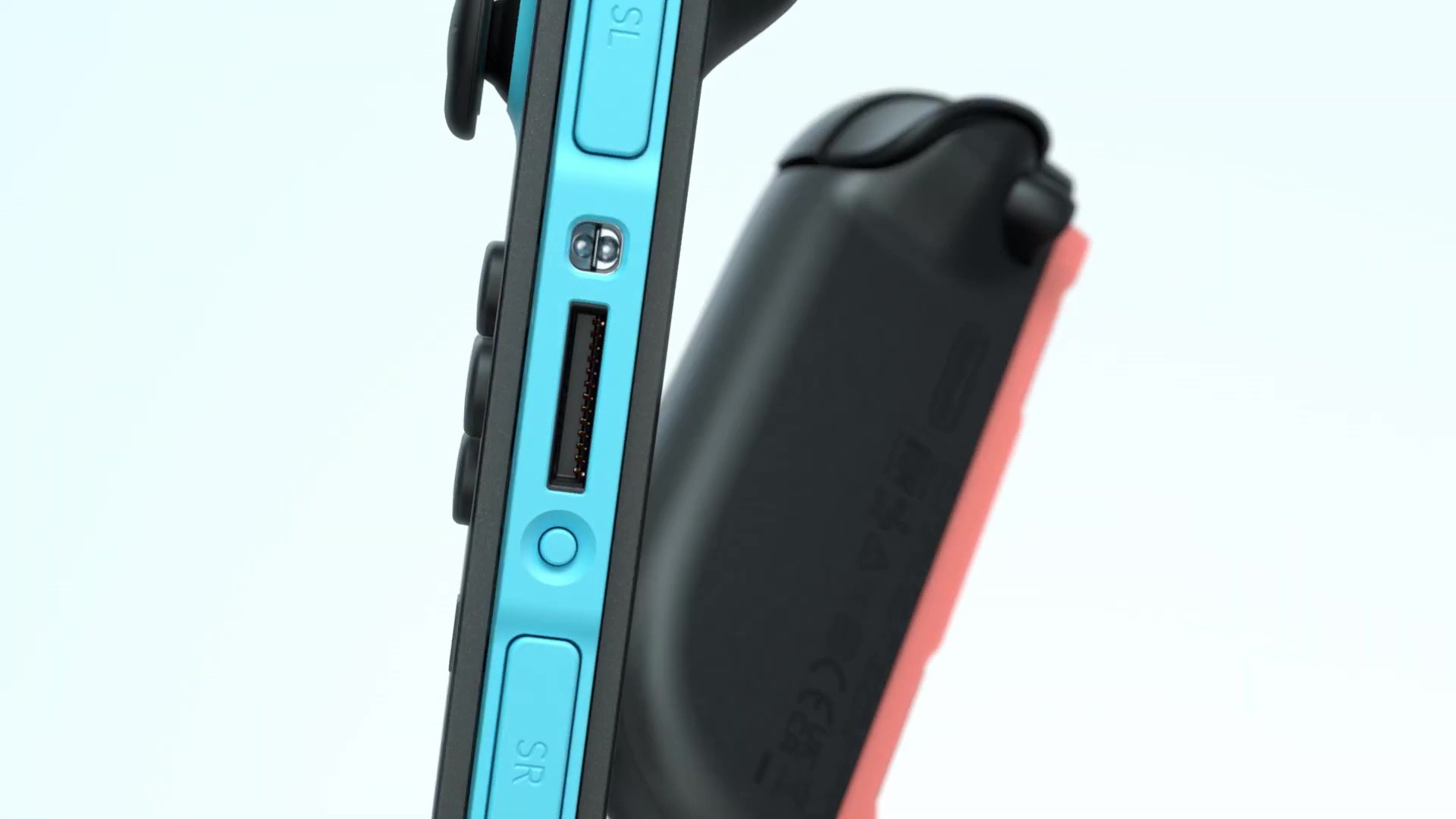
SNES could play NES games with the help of an adapter, but it can't perform this natively. Nintendo 64 utilized massive cartridges, so it's no surprise that it was incompatible with the GameCube's usage of discs. While the early models of the Wii could play GameCube discs, they stopped working on the Wii Mini. The Wii U is backward-compatible with the Wii, but GameCube games do not function on it.
The Wii and Wii U were when Nintendo started to implement an online service to the system, so it's no surprise that users were disappointed when the Switch was confirmed to not share backward compatible software with the Wii/Wii U. Considering the Switch utilizes game cards, no one expected our old Wii and Wii U discs to work on a handheld console. Still, people were disappointed that the online services couldn't translate between consoles.
Get The Snapshot, our free newsletter on the future of computing
Sign up to receive The Snapshot, a free special dispatch from Laptop Mag, in your inbox.
Players grew more bitter when seeing games that launched on the Wii, like The Legend of Zelda: Skyward Sword, ported to the Nintendo Switch for $59.99.
It's been nearly eight years since the Nintendo Switch launched, and most of the games we've purchased physically and digitally will be available to play on the console. With such a rocky history of backward compatibility, many doubted if Nintendo would make this happen. But it could indicate a future for Nintendo that we've never necessarily seen before.
When comparing Nintendo to its two competitors, Xbox and PlayStation, there's no secret that a tangible distinction exists between them. Xbox and PlayStation mastered their core concepts early, and every iteration has refined what we already love about the hardware. It's a big part of why the PlayStation has used numbers to indicate entries since the start. While Xbox has opted for more distinct naming conventions, there's no arguing that they're direct successors to one another.
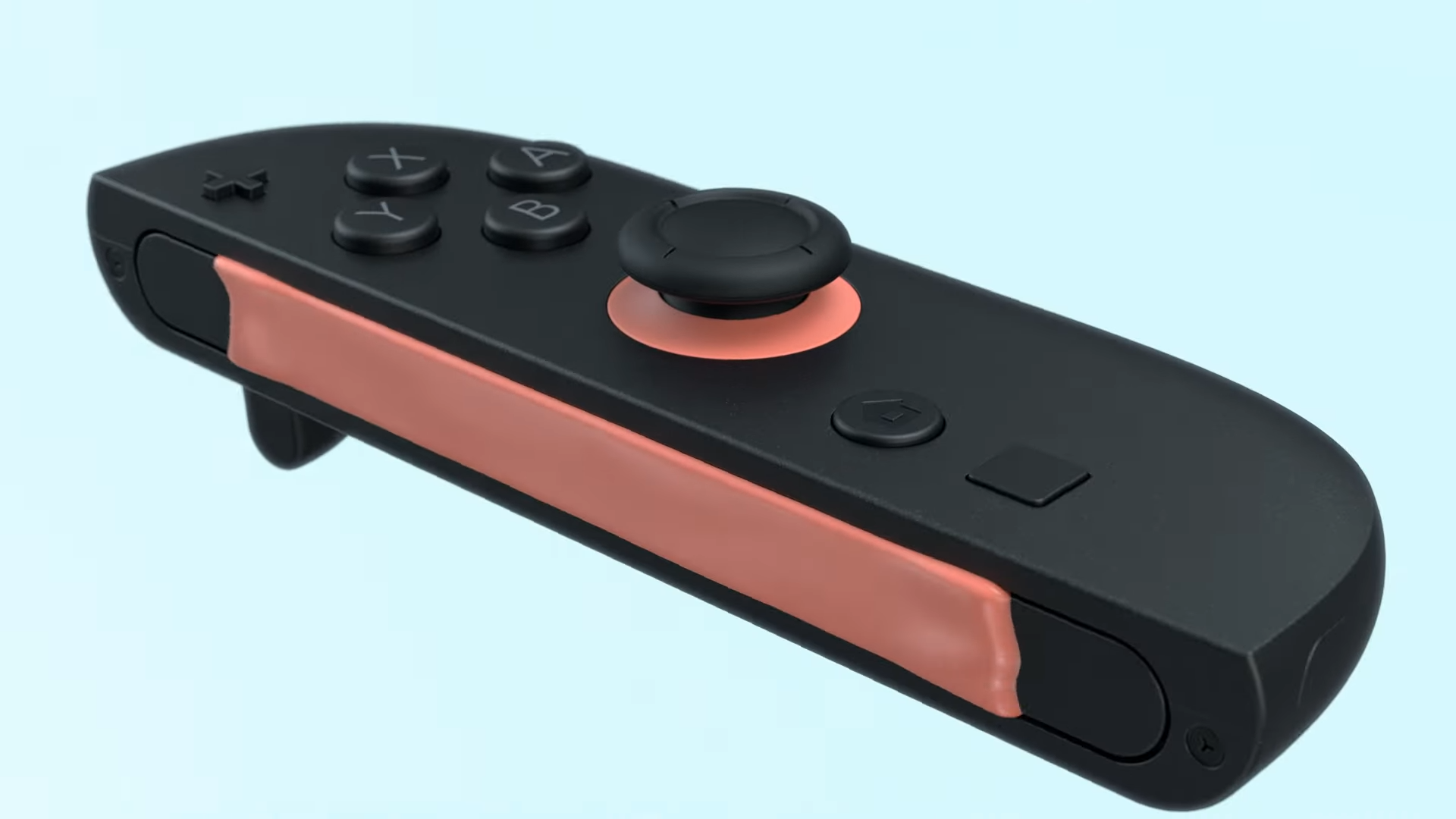
Nintendo has been experimenting with new ideas for several years, from handhelds to motion controls to more traditional console designs, yet it has never gotten far enough into a console line to utilize the "2" moniker. The Wii might have been close if the Wii U had been successful, but even then, it's a significantly different console from its predecessor. Its failure resulted in a quick pivot to a whole new form factor for the company.
Nintendo Switch's successor looking relatively the same and bolstering identical key features to its predecessor is actually the best thing that could happen for the company: It's a signal that Nintendo is done experimenting and has finally found its home. While we won't know for sure until far into the future, the usage of a "2" here indicates that it might not end with just a second console
The Nintendo Switch sold 146.04 million hardware units, making it Nintendo's second-best-selling console of all time, right behind the Nintendo DS. That's no small number, and considering the hype surrounding the Nintendo Switch 2, it seems that success will be carried into future iterations.
Nintendo Switch 2's implementation of backward compatibility isn't just an exciting thing because it lets us upgrade without worrying about losing access to titles, but it's also a reminder that the company has found a form factor that it will likely stick with for the future. I don't expect that the Switch 2 will be the last of this series: I wouldn't be surprised if, like PlayStation, we see a "3," "4," and "5" placed onto this series over the course of the next few decades.
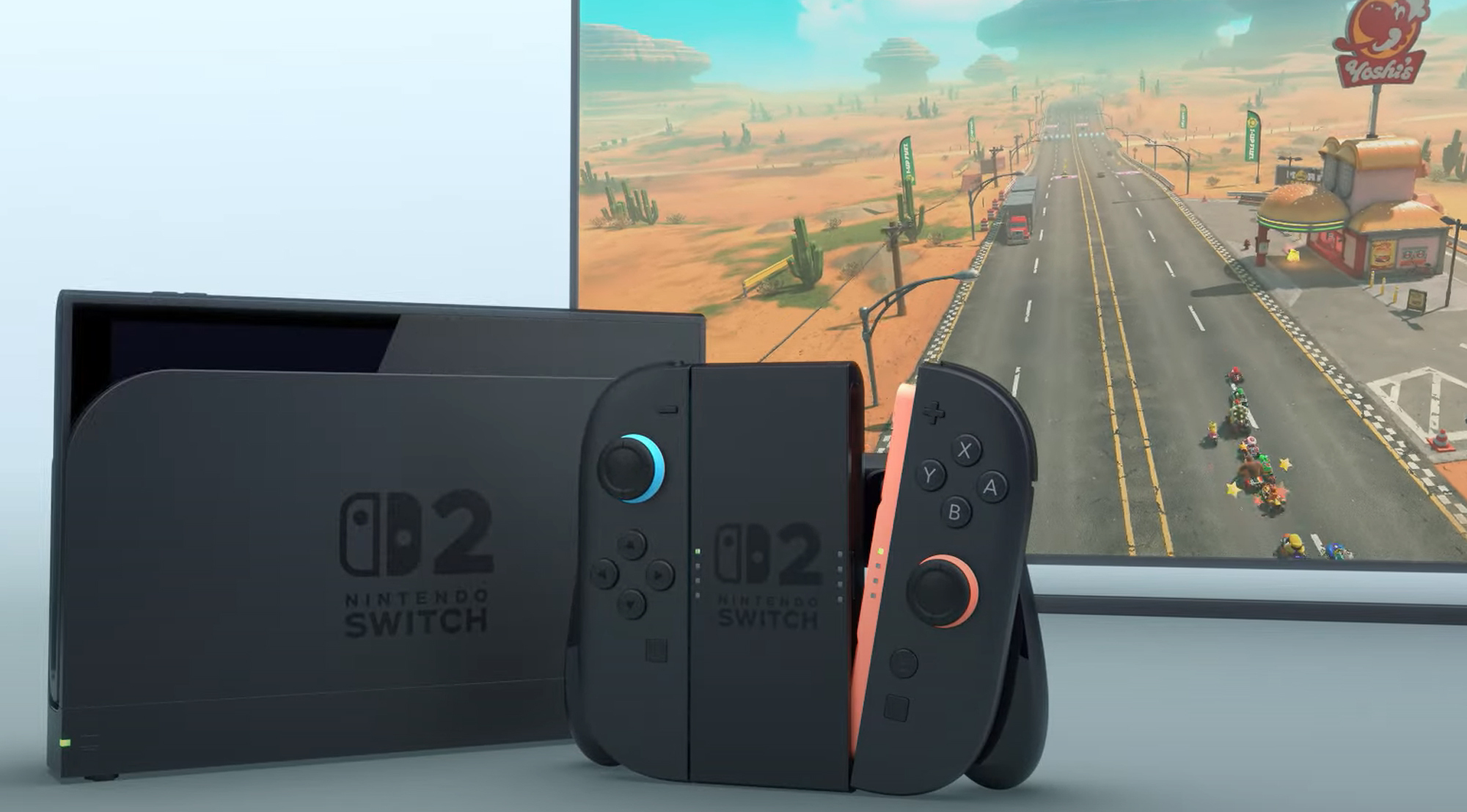
And we're hoping that, even when we reach the Nintendo Switch 5, we can still play our game carts from the original Switch on future consoles, much like how Xbox has been pushing backward compatibility on Xbox Series X|S with titles all the way from the Xbox.
Nintendo Switch is a culmination of the company's legacy. It combines the success it found in handheld gaming, console gaming, and motion controls into one product that does it all. It's the ultimate Nintendo machine, and it's likely that the company will continue with the Switch for a long time.
More from Laptop Mag
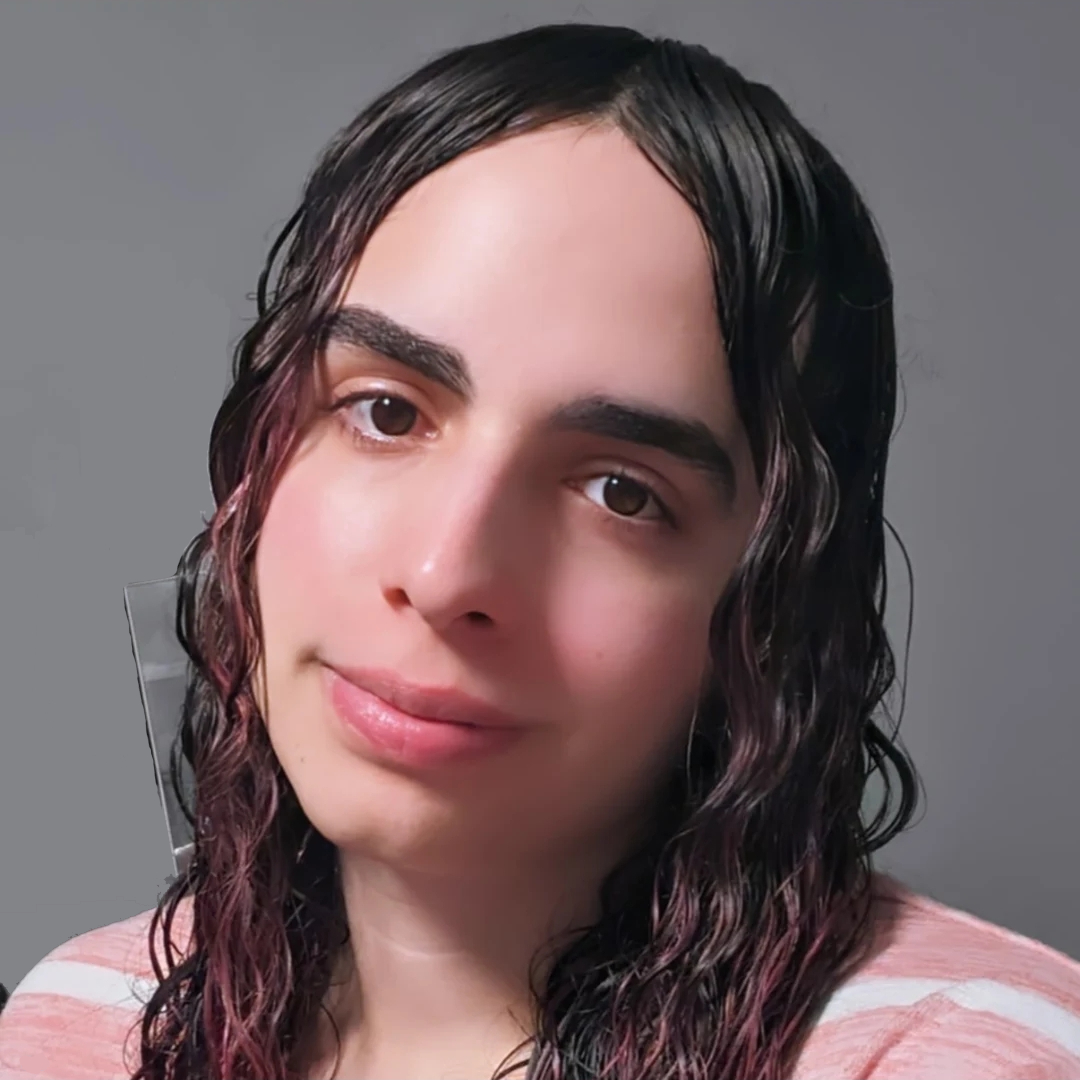
Self-described art critic and unabashedly pretentious, Claire finds joy in impassioned ramblings about her closeness to video games. She has a bachelor’s degree in Journalism & Media Studies from Brooklyn College and five years of experience in entertainment journalism. Claire is a stalwart defender of the importance found in subjectivity and spends most days overwhelmed with excitement for the past, present and future of gaming. When she isn't writing or playing Dark Souls, she can be found eating chicken fettuccine alfredo and watching anime.
